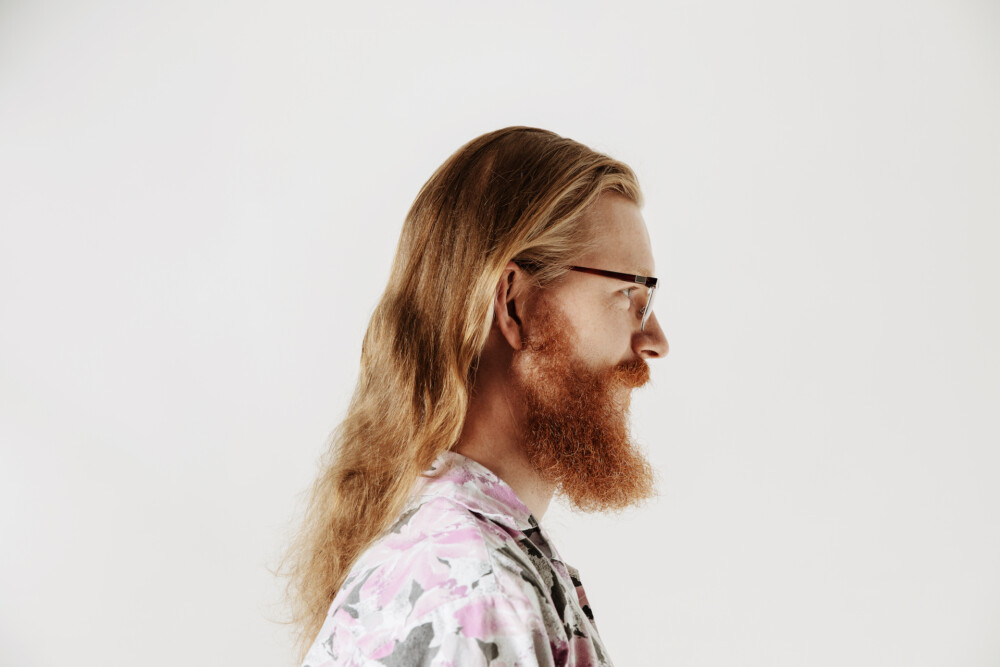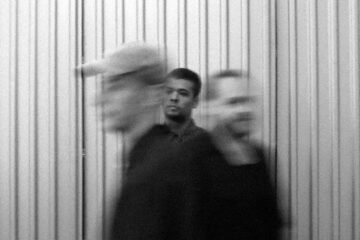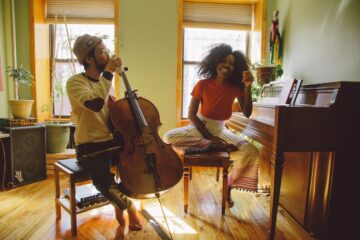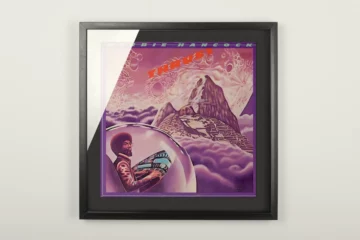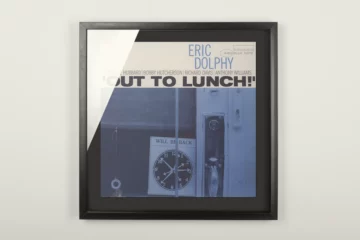Weber is sitting in his jade-green rehearsal room, brushing his beard. »Even when I was first learning music, I never wanted to sing along; I just wanted to play the bongos.« I just had that feeling, and so did my teacher. She told my parents, »Such an extraordinary sense of rhythm—Tilo should definitely do something with drums!«
Today Weber plays alongside veteran David Friedman, with Y-Otis, for the flute quartet, with vibraphone and vocal duo, between baroque and so-called contemporary music. But his career as a percussionist almost didn’t happen because of his parents. »I grew up in a terraced house in Aachen, where nobody was allowed to make any noise,« says Weber. »My father was also from the Who generation, so he only knew rock drummers and not jazz.« The drums weren’t on the cards for me at first, until my uncle said, we all had to learn piano even if we didn’t want to. Don’t do the same to Tilo!
Durability through Restraint
The boy was given a plastic drum set. After a few weeks it was nothing more than plastic rubbish for Tilo. His parents opted for sustainability and gave their son »a real drum set«, as Weber says. »Later I took lessons from the son of my early childhood music teacher—a real jazz drummer. He introduced me to jazz as a teenager because he sensed that I was aesthetically interested in drums and that I wasn’t your typical rocker.«
While others of his age were listening to the latest hits from Smash Hits, Weber was listening to recordings by Elvin Jones and Brian Blade. They had their own »sound culture,« he says. »They just had to play quarter notes on a ride cymbal and it sounded crazily good.« It also fascinated him because he realised they were able to express the music through it—»and on the drums,« Weber points out. »They took an instrument that can overload everything and reduced it to the extreme.«
»They took an instrument that can overload everything and reduced it to the extreme.«
Tilo Weber
During his studies at the Jazz Institute Berlin under John Hollenbeck, he also learned to play »in the service of the music«, says Weber. »Since then I’ve always tried to keep my ego at bay, because I’m convinced that art benefits when you don’t monopolise everything.« So even when Weber is drumming to Rilke poems, as he did in 2022, he holds back on the drums so that the music can »speak for itself« and enter into a »relationship with its surroundings«.
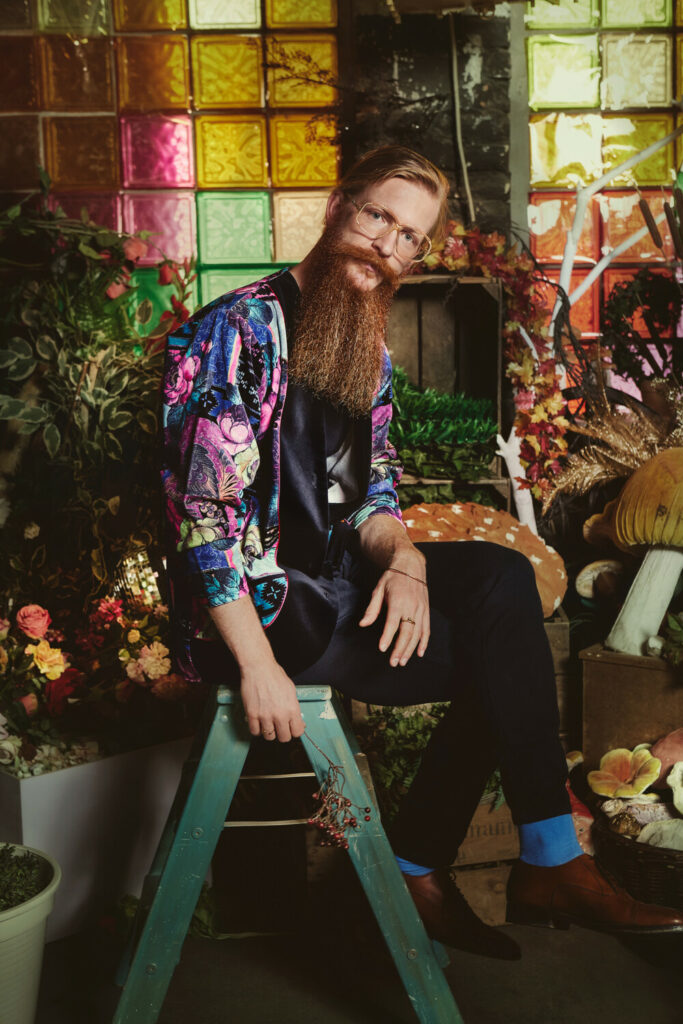
Not every colour suits him, but he does like to experiment. That’s why every room in his flat is painted a different colour. It’s also why you won’t find gloomy black in his wardrobe. It’s all about colourful expression: in his playing, in his style, in his urge to compose. His second album is about to be released with his band, the Fauns. For the project »Tesserae«, he even recently composed for an antique harpsichord.
The sticks that mean the world
Weber began composing »relatively« late in life. »As a teenager I resisted the piano, later I more or less tortured myself through my studies.« It was only out of the necessity of always being a sideman that he began to write his own pieces. »That was a moment of enlightenment, because I realised how much I could express myself in it–even more than playing the drums.«
Weber describes himself as an »experimenter«, a »tinkerer«. His music doesn’t work straight away. It is »open-ended«. There is no point in repeating something that has worked once. Constantly innovating, however, does. This can sometimes lead to a stress-induced panic attack—after all, he is currently expanding his music room to include an imported gamelan in addition to his trusty vibraphone. »But as soon as I get my hands on the sticks, I’m fine again: The drums are my instrument!«

